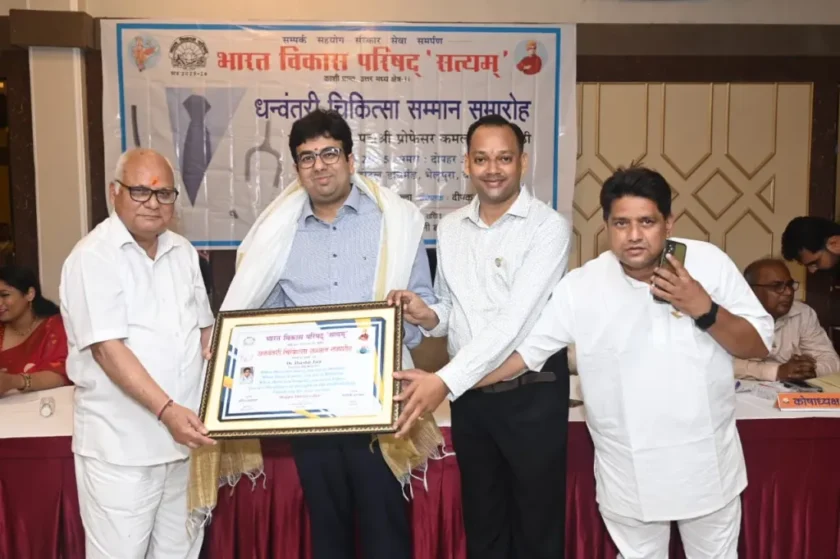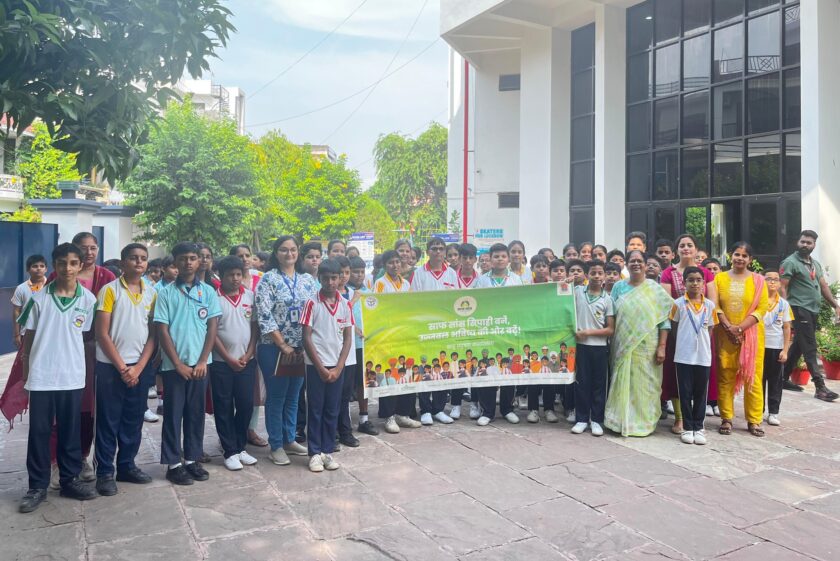Lucknow: An 80-member delegation from the Gaya (Garak) royal family of South Korea visited Ayodhya, paying homage at the Queen Heo Memorial Park and celebrating centuries-old cultural and historical ties between India and South Korea. The visit is seen as a testament to the growing bond between the two nations, rooted in shared heritage and reverence.
According to ancient Korean legends, nearly 2,000 years ago, Princess Suriratna of Ayodhya married King Kim Suro of Korea. After their marriage, Princess Suriratna came to be known as Queen Heo Hwang-ok and is believed to be the founder of the Garak (Gaya) dynasty. Owing to this ancestral link, many South Koreans regard Ayodhya as their maternal home and visit the city annually. The Queen Heo Memorial Park in Ayodhya stands as a symbol of this deep-rooted connection, fostering cultural exchange between the two nations.
The South Korean delegation, including representatives of the royal Garak lineage, arrived in Delhi on March 11 and proceeded to Varanasi on March 12. They reached Ayodhya on March 13, where they visited sacred sites including the Ram Temple and the Queen Heo Memorial. The delegation also participated in the evening Saryu Aarti and enjoyed a laser show. Later that night, select members held formal interactions with local dignitaries, followed by a vibrant cultural performance featuring traditional Indian dance by eight artists.
It is noteworthy that the visiting delegation represents the 72nd generation of the South Korean royal family. Throughout the ages, the dynasty’s members have remained devoted to their ancestral roots and spiritual heritage. Their centuries-old connection to Sanatan (eternal) values continues to draw them to Ayodhya.

In the final leg of their five-day tour, the South Korean delegation visited Agra before departing for Delhi.
Speaking on the occasion, Uttar Pradesh’s Minister for Tourism and Culture, Jaiveer Singh, lauded the South Korean delegation’s emotional connect and reverence for their ancestors. “We honour their faith in Sanatan values and deeply appreciate their heartfelt association with Ayodhya,” he said. Highlighting the state’s spiritual and cultural significance, Singh noted that several key Buddhist sites including Kapilvastu, Kushinagar, Kaushambi, Sarnath, Sankisa, and Shravasti are located in Uttar Pradesh. “South Korean tourists have a special interest in these Buddhist pilgrimage sites. Every year, a large number of Korean visitors come here, further strengthening the cultural and tourism ties between the two countries,” he added.





